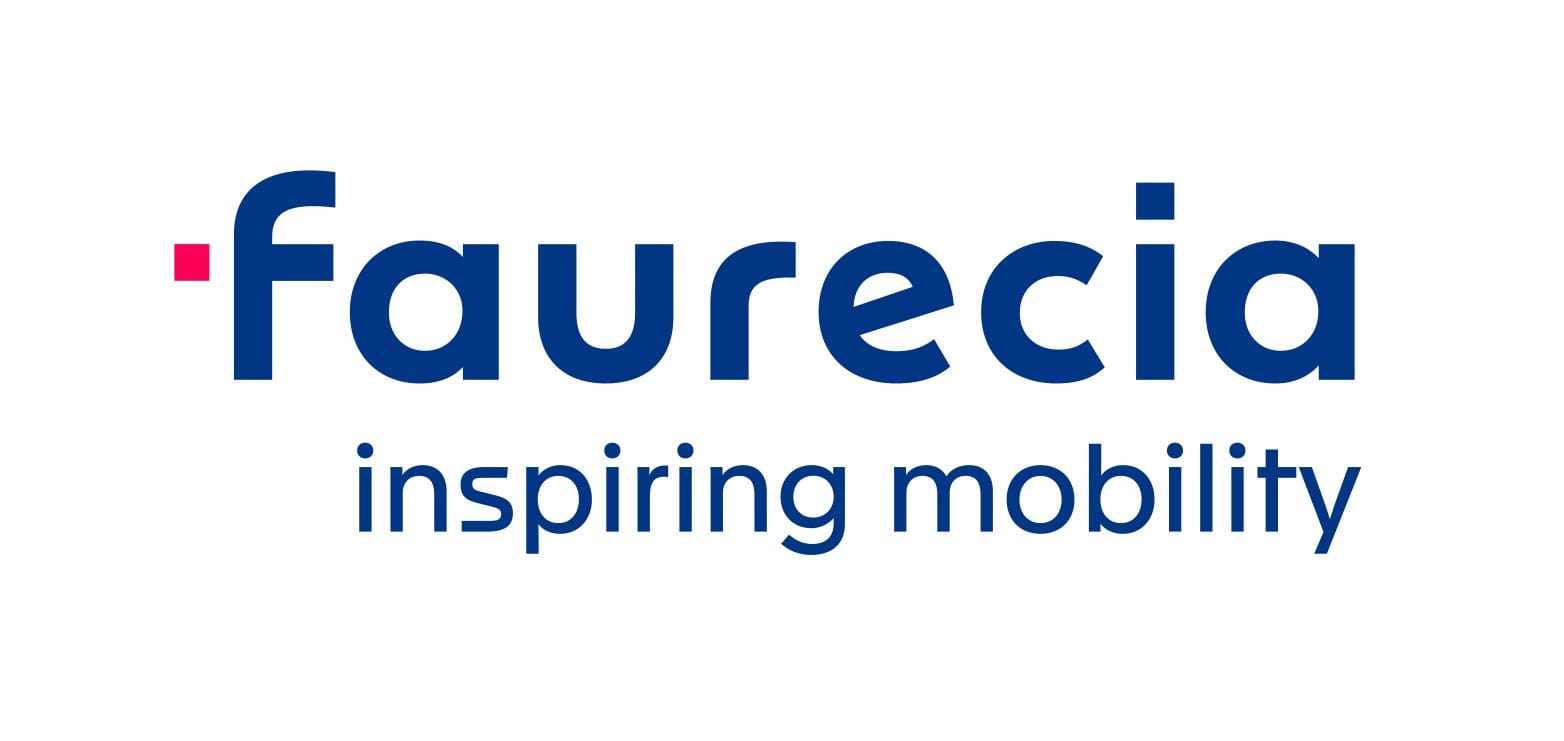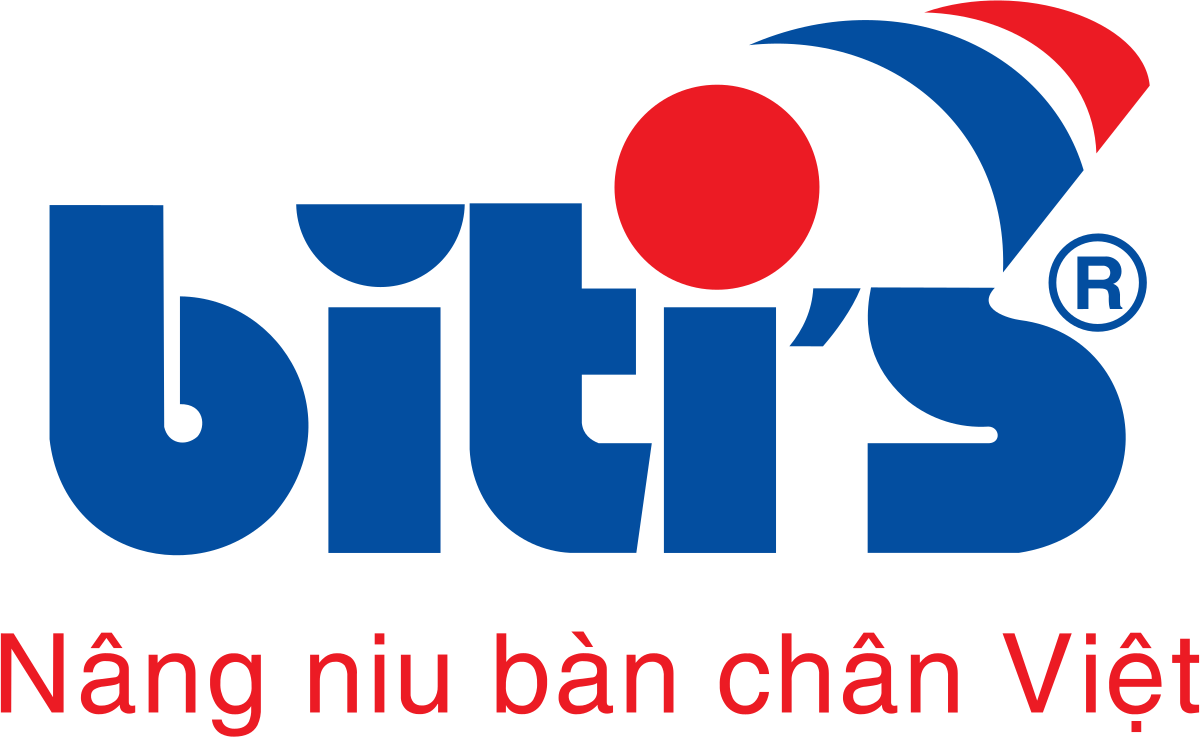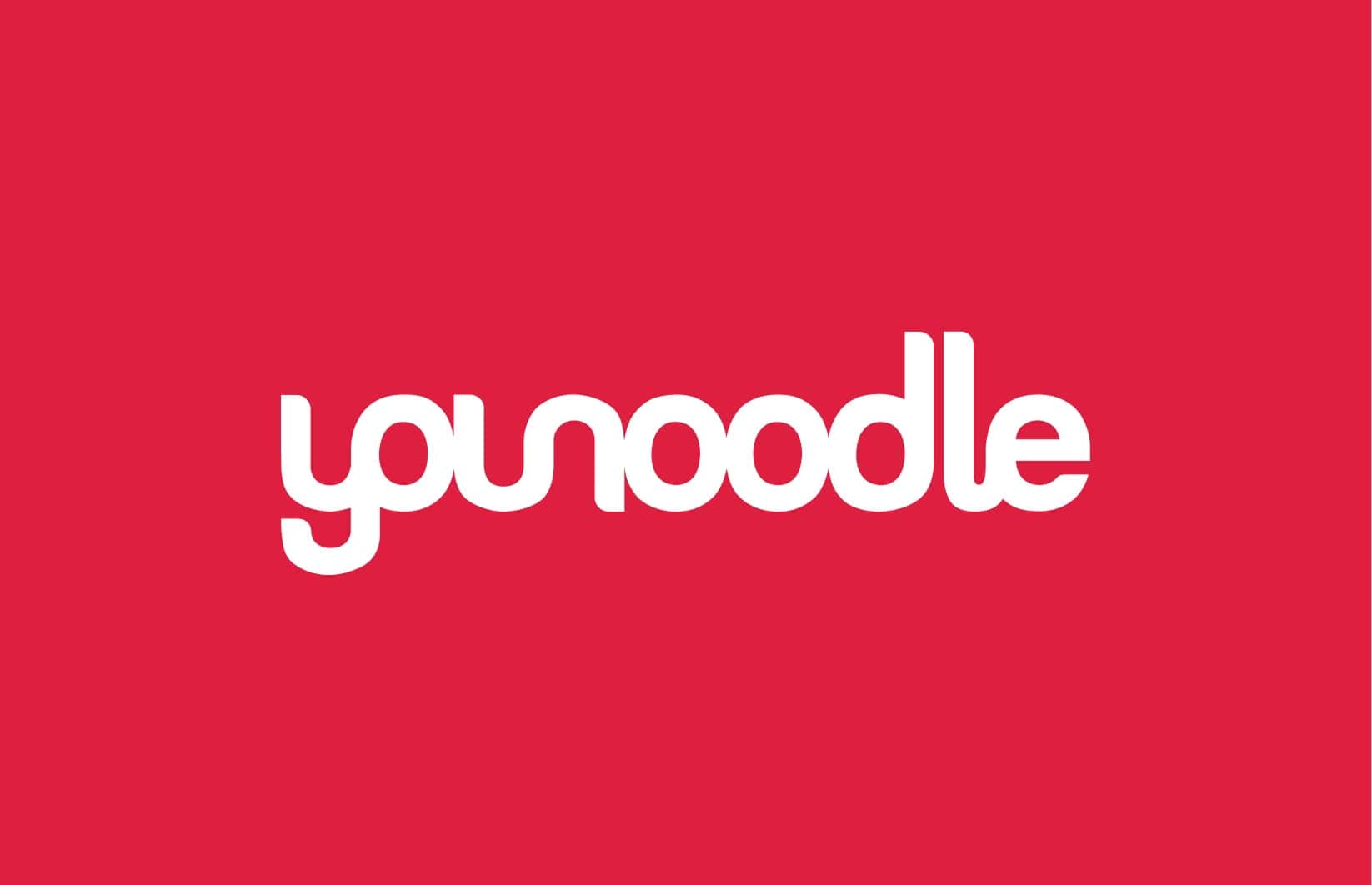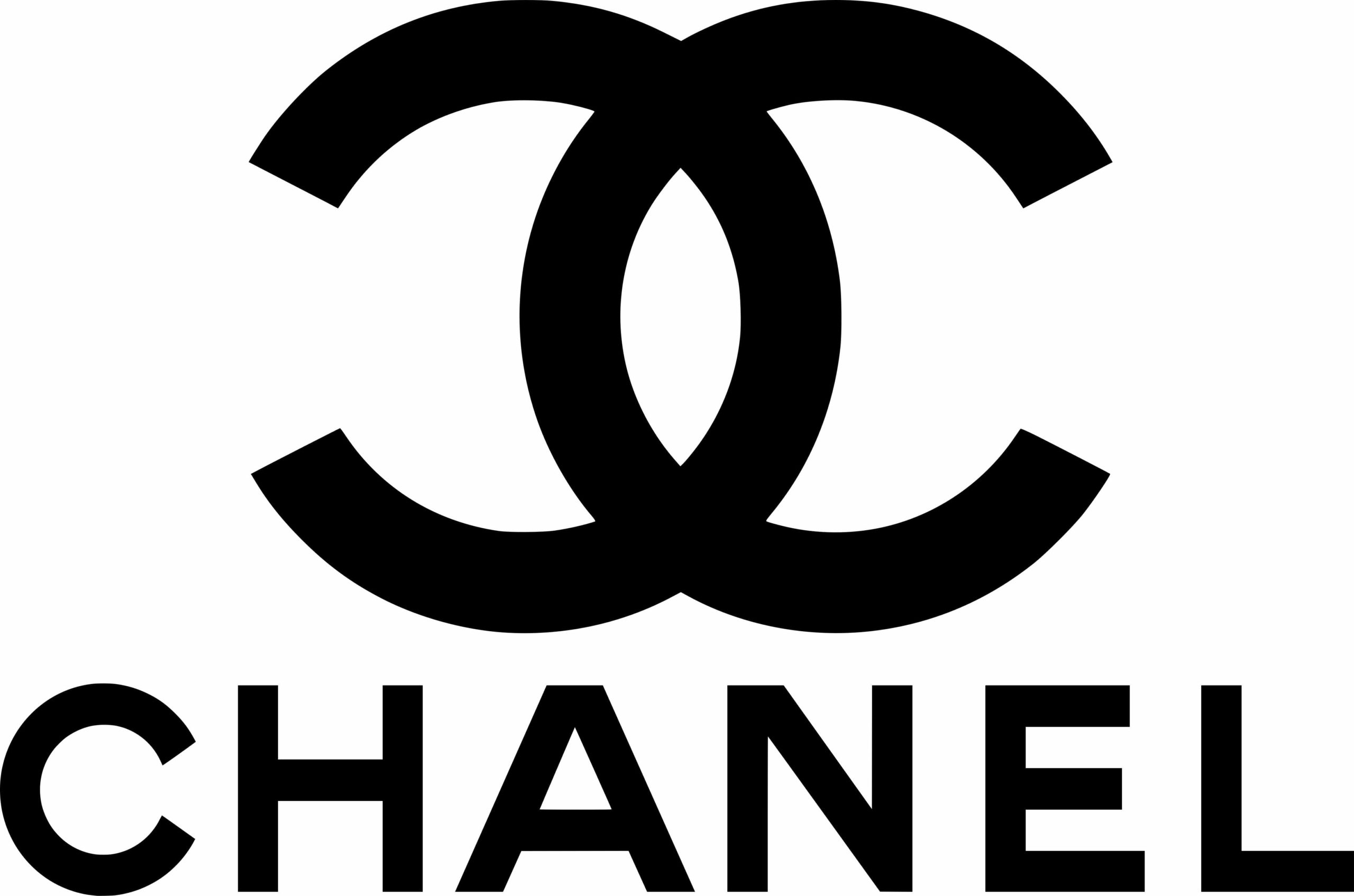UC Berkeley students, members of Schoolab’s Deplastify the Planet program, partnered with the French car company Faurecia, local farmers, and investors to find an alternative material to plastic that could be sourced locally.
We know cars and transportation are large polluters: they emit a harmful matter that comes with fueling and driving. Moreover, most automobiles have already released a lifetime’s worth of polluting emissions before you even drive them off the lot.
As one of the largest automotive technology companies in the world, Faurecia, a partner of Schoolab’s Deplastify the Planet program, has a special vantage point on issues around plastic and car pollution. Faurecia manufactures interiors, seating, and emission-reduction technologies for all car companies including Tesla and Mercedes-Benz, but the result is that they don’t always have control over the usage or mechanics of the car. This being said, they do have a special opportunity for reducing emissions and inspiring innovation through manufacturing and materials as ⅓ of automobiles in the world are equipped by Faurecia. With this vantage point, the company became a prime partner for the Deplastify program.
Faurecia launched a challenge to “de-pollute” their supply chain and materials through localization. As a global influence on pollution, manufacturing can be hard to adjust as necessary materials for sustainability might be scattered across the globe. While substitutions for plastic and other non-structural pieces exist, they involve extensive tradeoffs in costs and dramatic shifts in suppliers that complicate the supply chain and exacerbate the emissions produced.
The students followed the Design Thinking methodology to answer the challenge, an open innovation framework with students working with corporate partners on a common issue. Design Thinking focuses on User & Market Research and Prototype development where the participants constantly look at how we can answer a problem through the user’s perspective.
By bringing Berkeley students into the mix, Faurecia gained a fresh perspective while giving students an opportunity to earn valuable experience working for a top-tier company on issues that really matter. This partnership allowed both parties to work together to affect real and lasting change — the type that we need more of in the coming years.
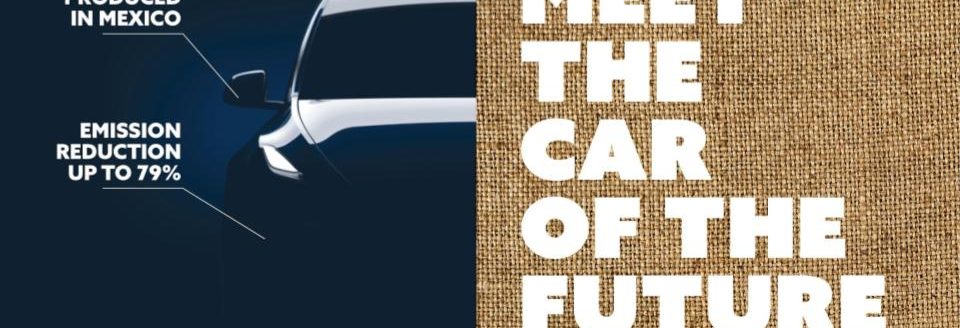
1st semester: Replacing plastic with a locally-sourced natural fiber
Starting as a team of six, Berkeley students worked to identify a plastic alternative material that could be made and sourced locally, using a natural fiber native in the region of Faurecia’s factories in Mexico.
This solution resulted in decreasing plastic use by 50%, increasing overall recyclability of the excess material, drastically reducing supply chain emissions, and supporting a local farming community that has been struggling for decades. As the first team of students worked to plan and develop this idea, they found nothing but support from the program’s partners and Faurecia, supporting a trip to Mexico for two students to learn and engage in person. By the end of the semester, students had identified a new fiber that met all requirements, discussed the idea with potential suppliers and manufacturers, and talked to locals in Mexico about ways to support, innovate, and fund the local industry. Fully committed to facing environmental challenges, the company signed on for another semester.


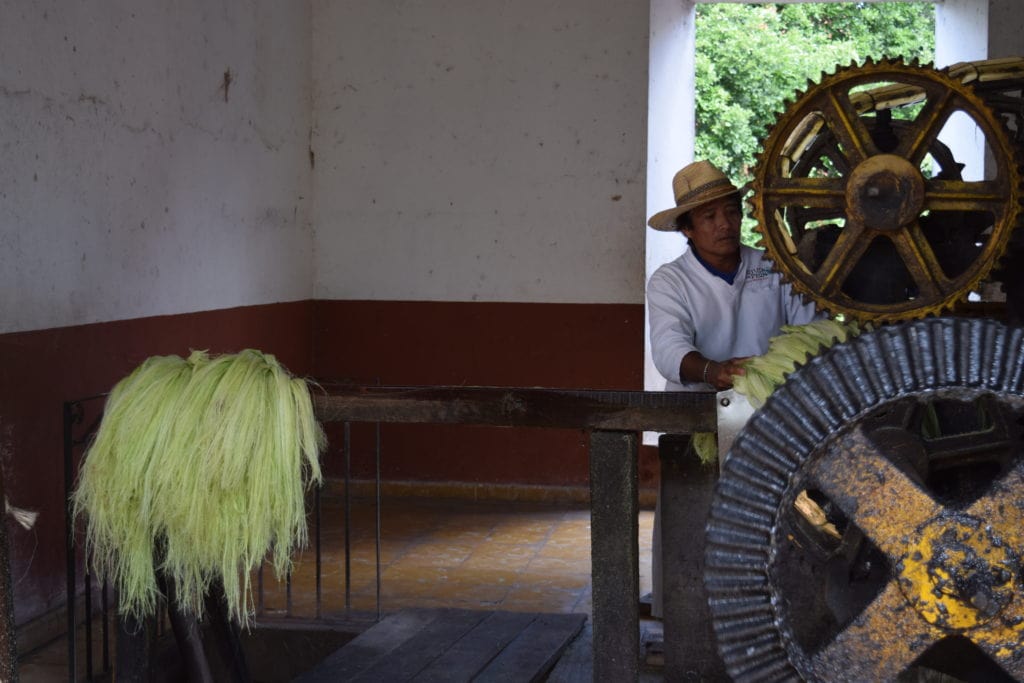
2nd semester: Prototyping a global supply chain
The main challenge for this set of students was to turn this plan into a working reality. Over the 3 months course, the team strengthened sourcing and partners processing in Mexico and worked to create an official prototype: testing the fiber’s mechanical properties and determining its demand.
When the global pandemic hit, students were faced with an even larger challenge but they did not back down. Although several of their efforts are still “in the works” due to factory shutdowns, the team ended the semester with an in-depth plan of how to proceed with the project and how to bring effective change, technology and funding to struggling local Mexican agriculture. They even created an international guide to replicate the process so that Faurecia’s clients could work towards the localization of their own supply chains.
After two semesters of fresh perspectives and a committed team of UC Berkeley students, mentors, and professionals, Faurecia is now moving on to manufacturing a better and more plastic-free future, helping their clients learn and engage in doing the same.
The company gained from the thinking and diversity of reflection of both Schoolab and UC Berkeley for two semesters – the second semester involving native Spanish speakers and more technical engineering students. After 9 months of intense work, the project is ready to be introduced internally, so that Faurecia can implement and broadcast this solution to their global locations, starting first with South Africa.
It is in this willingness to collaborate with students that we see a more interesting and valuable experience for corporations, working together so that we can dream up and implement what it looks like to deplastify the planet.

